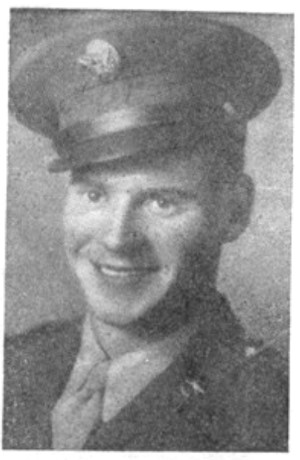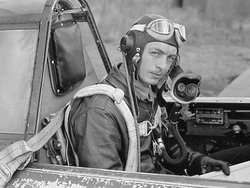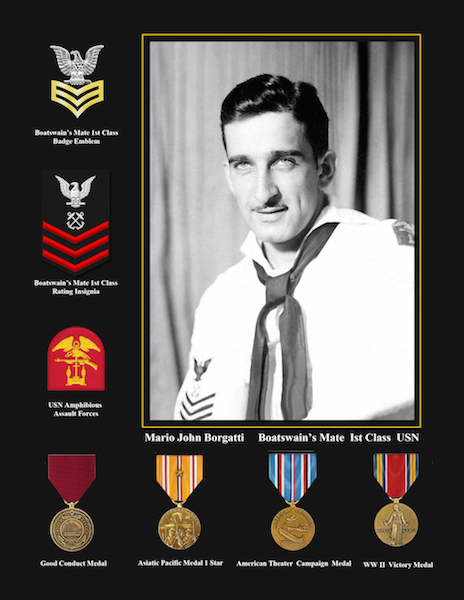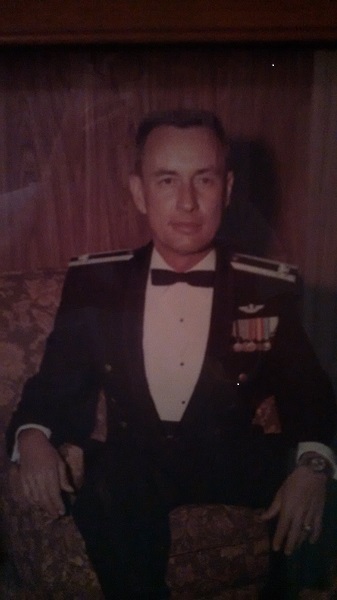Found
i was a Pt Sgt. In 2AD Forward in Germany, we got alerted to got to the Gulf War. To pump my men I ordered each of them a leather an and an MIA bracelet to wear while we were gone from Garlstadt. We drew new tanks and took them to Grafenwohr to qualify them befor putting them on the ship for the purshin gulf. While at Graf I was sitting in the shitter one morning after chow reading the Army Times and was reading an article about them finding three sets of remains in Vietnam. It gave the names of the three men and one just froze in my mind. I looked down and I was wearing his bracelet. Chills went up my spine. Everyone in my Company freaked out that I had purchased all these MIA bracelets for my platoon fron the Cav store by mail and they had found one of the missing. To this day I still have the bracelet and the article out of the Army Times and have contacted the family with my story.




